16 Mar On This Day in UB History: March 16
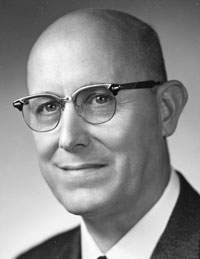 Robert Rash was born March 16, 1904. He would go on to serve 43 years as a United Brethren minister. He started and pastored a number of churches, and served 24 years at the national office–16 years as Director of Christian Education, and eight years as bishop. He was a marvelous servant of the Church–a godly man able to do a lot of things well.
Robert Rash was born March 16, 1904. He would go on to serve 43 years as a United Brethren minister. He started and pastored a number of churches, and served 24 years at the national office–16 years as Director of Christian Education, and eight years as bishop. He was a marvelous servant of the Church–a godly man able to do a lot of things well.
Rash grew up on a farm in Ohio, and at age 19 became a Christian during revival services at the Victory Chapel United Brethren church near Cridersville, Ohio. The next year, in April 1924, he married a girl from Victory Chapel, Kathryne, and they moved into a small farm owned by Robert’s father.
That fall, during revival meetings at Victory Chapel, Robert once again found himself at the altar–this time to follow God’s call into the ministry. He and Kethryne sold the livestock and farm equipment, and he began pastoring churches in Indiana and Ohio. He finally got around to entering Huntington College in 1931.
In 1932, Rash and another HC student started a UB church in Decatur, Ind. He became pastor of College Park UB church in Huntington in 1934, and in 1936 started a church in the Grayston Avenue community. In 1937, he was assigned to the UB church in Zanesville, Ind., and from there started a church in nearby Bluffton. Three churches in one decade.
The 1941 General Conference elected Rash as Director of Christian Education. He served 16 years in that role. He wrote and spoke extensively and provided leadership in a lot of different ways. In 1952, Huntington College conferred the honorary Doctor of Divinity degree.
Robert Rash was elected bishop in 1957 and assigned to the West District, which stretched from Ohio to California. Clarence Carlson was bishop of the East District. During the next four years, six of Rash’s seven conferences showed membership increases.
In 1961, General Conference re-elected Carlson on the first ballot. On the second ballot, there was a tie between Rash and Clyde Meadows for the other bishop position. Rash, who was chairing the meeting, urged the delegates to vote for Meadows. It took a fourth ballot, and another plea on Rash’s part, but they did elect Meadows.
During the next four years, Rash pastored a couple churches and did other things. Then, in 1965, he was again elected bishop, this time taking the place of the retiring Clarence Carlson. He returned to the West District.
While holding meetings in Kansas in August 1968, Rash suffered a severe heart attack, followed by a second heart attack while in ICU. He recovered, but was unable to complete the last year of his term. After the 1969 General Conference, he became a chaplain in Huntington for the hospital and nursing homes, which daughter Eva Nell Anderson described as “some of the most satisfying and rewarding years of his long career.”
Robert Rash passed away on January 198, 1975, while watching TV with his wife. They had just heard a Gospel song about heaven. He turned to Kathryne and said, “Wasn’t that a beautiful song?” Those were his last words.

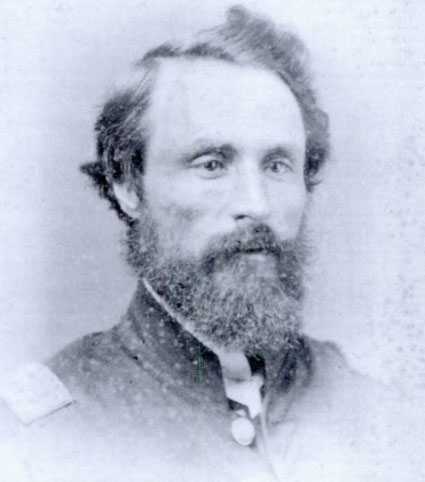
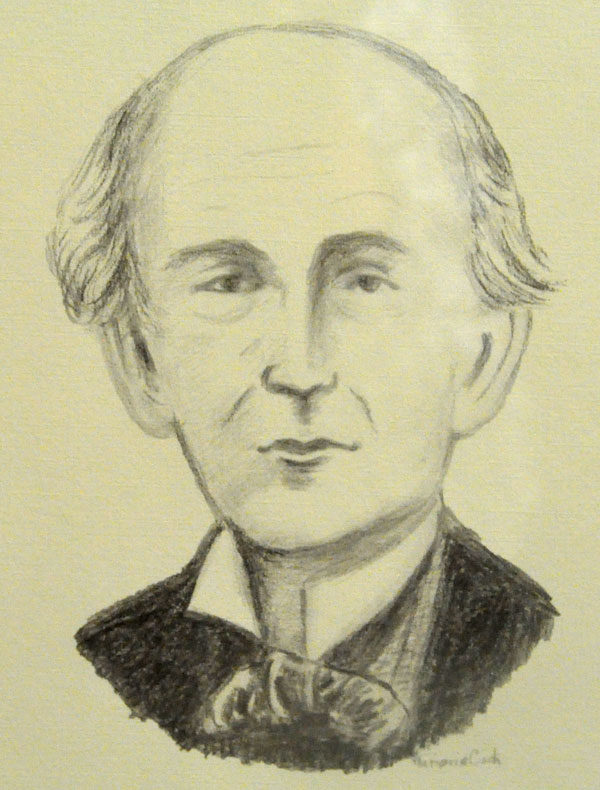
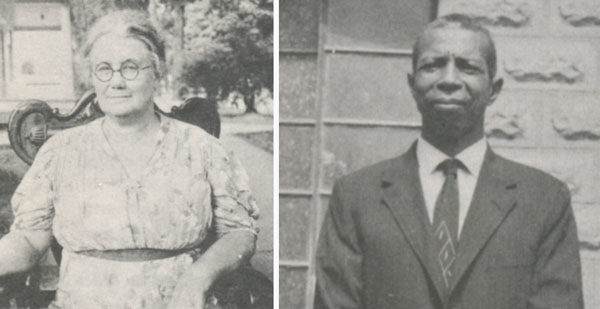
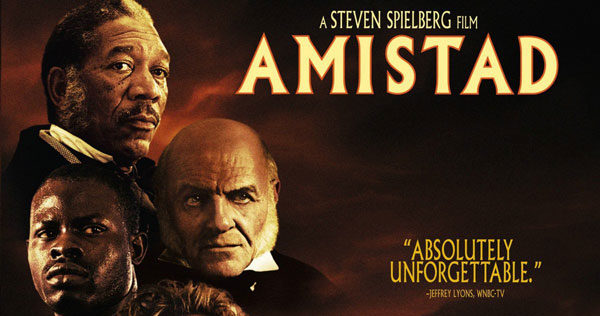
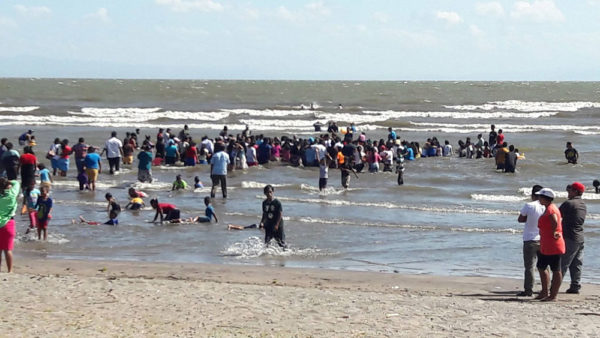
 On Monday, March 6, Linda Smith was taken to the Hillsdale Hospital (Hillsdale, Mich.) with what appeared to be stroke-like symptoms. Doctors determined that Linda is experiencing some type of brain bleed, and she was transported to a hospital in Kalamazoo. The Smith’s pastor the Hillsdale UB church.
On Monday, March 6, Linda Smith was taken to the Hillsdale Hospital (Hillsdale, Mich.) with what appeared to be stroke-like symptoms. Doctors determined that Linda is experiencing some type of brain bleed, and she was transported to a hospital in Kalamazoo. The Smith’s pastor the Hillsdale UB church.